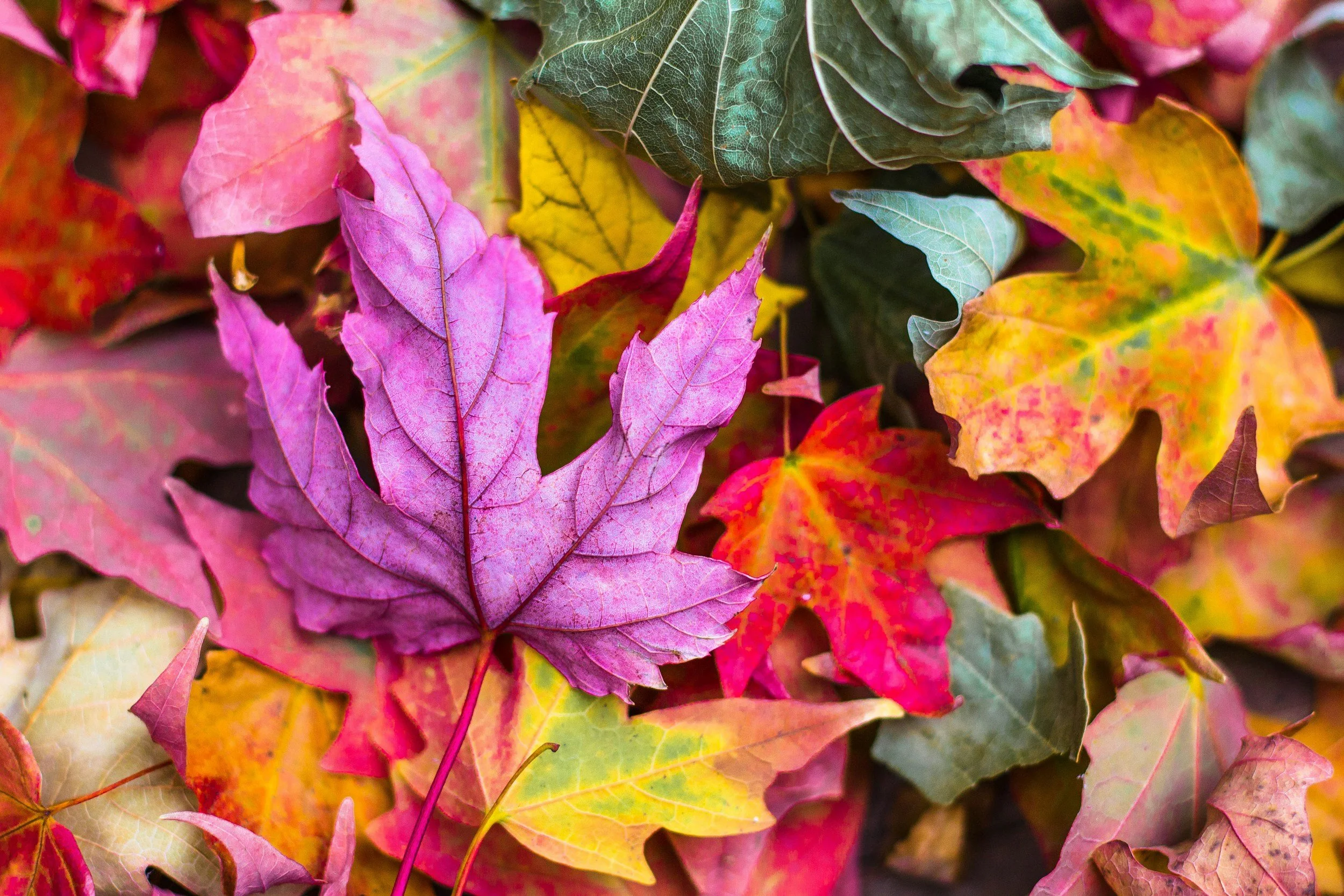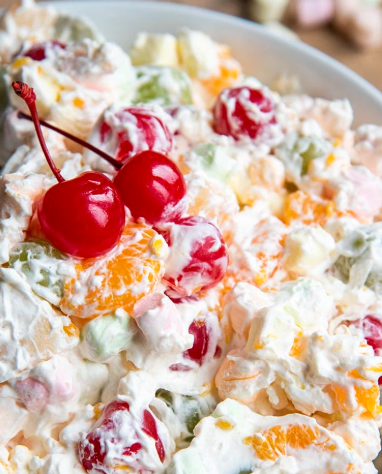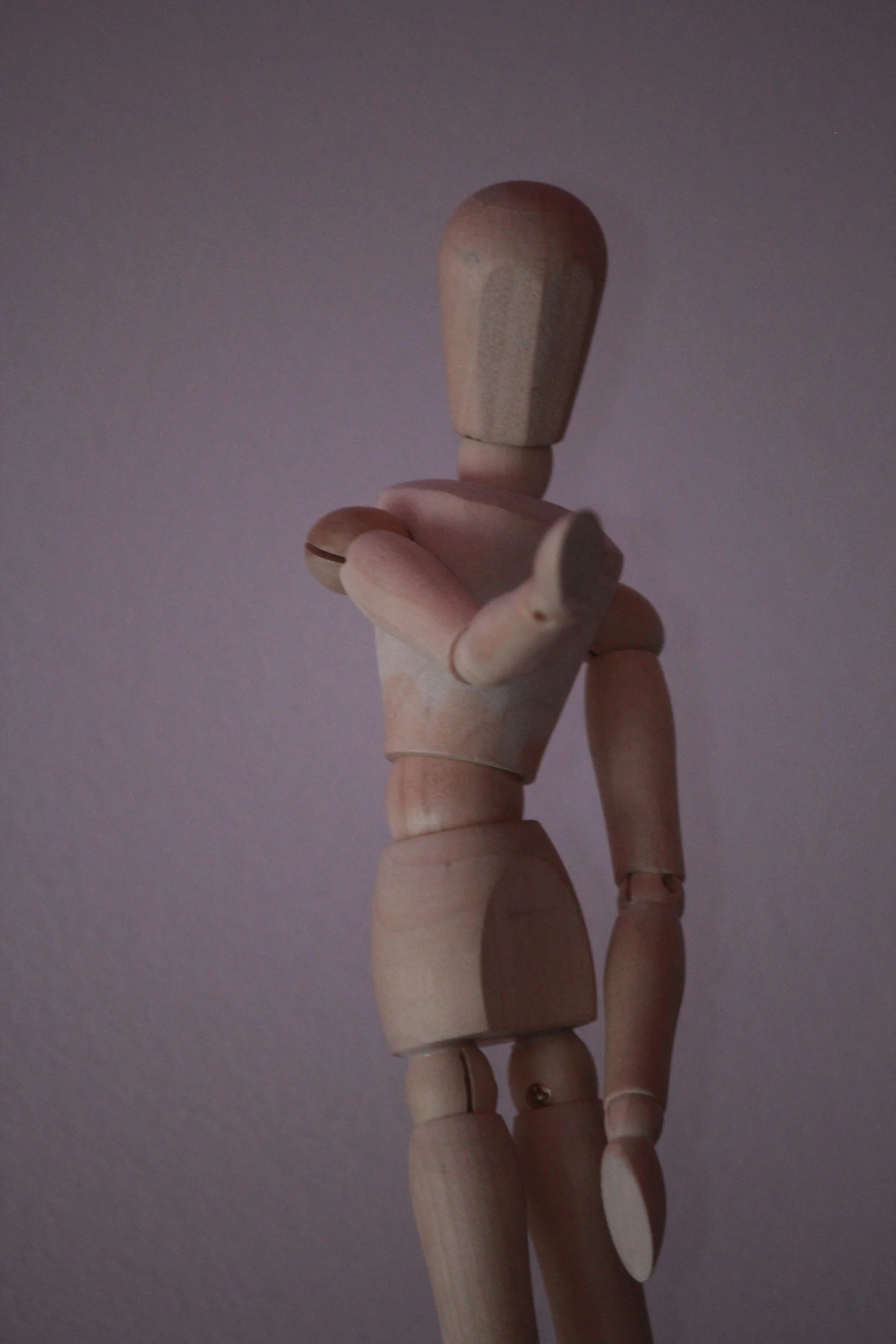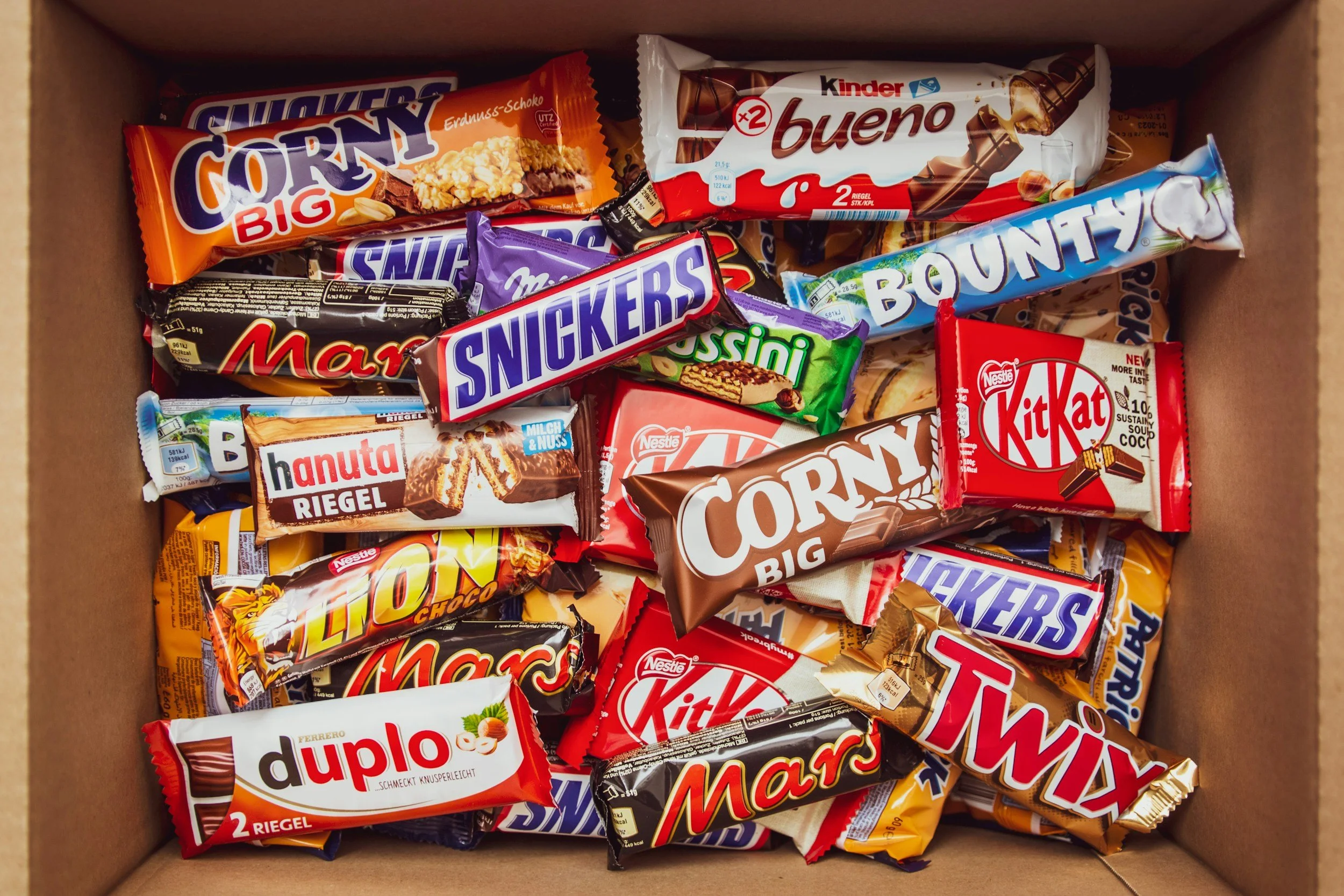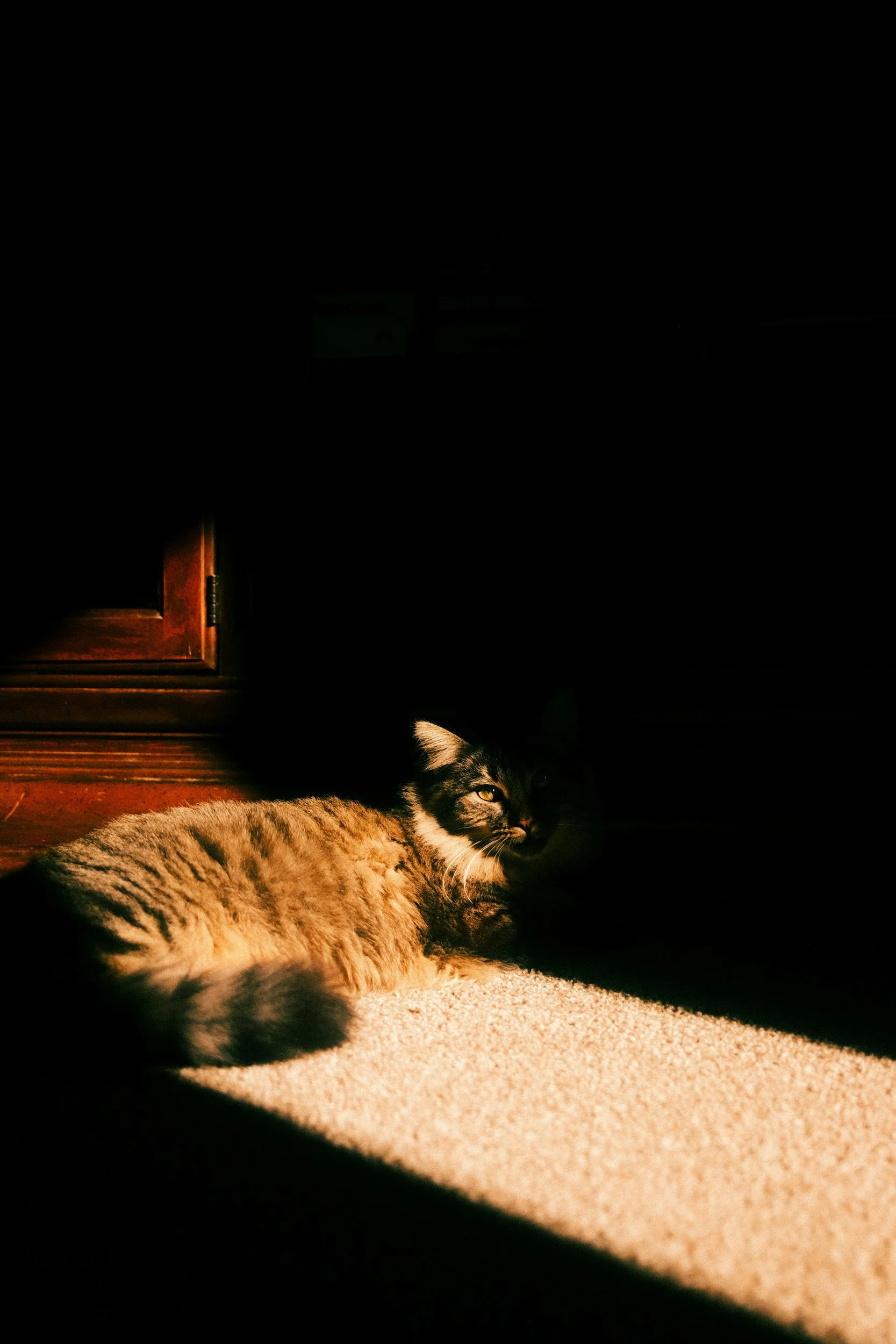Anger as Resistance: Owning the Past and Healing in My Anger
I’m mad.
And whenever I say that, the responses vary from concern for my general well-being/mental health to tone-policing and virtue-beating about how I “shouldn’t be mad.” Because apparently young, intelligent women like myself shouldn’t be angry?
To that I say, “Fuck off.” Get that patronizing shit out of here.
I’m about to tell you right now, I’m mad. And I’m not apologizing.
My anger has made me who I am—It hasn’t broken me or made me any less of a person. It’s been productive and it continues to teach me things. Important, life-changing kinds of shit.
Anger is knowledge.
Anger can be healthy. To deny anger is to deny true feelings. If we get angry, it means we care or have enough investment in something to give a damn. And before anyone starts saying “but anger can consume you and be bad for you,” I would like to know: By what standards? Whose measurements? When exactly does something become bad for you? Your answer may be different than mine (it probably is), but I really don’t care.
Because I’m tired of being told to get over my anger. To move on. To let go. To “pray about it.” To do all these things that people keep telling me as if they know what my anger is all about.
My wrath is mine, and it’s time for me to own that.
Because for me, “moving on” or “getting over” this anger is not an option. To do so would be to deny my own experiences and continue a violent pattern of colonizing that has done enough damage already.
I’ve spent my entire life trying to reconcile my being to my self. By this I mean, how I am perceived and who I claim to be. My environment has told me these things are not compatible, and that makes me angry.
I was born to Mexican-American and German parents on an island in the Caribbean. My skin has always been fair but has gotten lighter since moving to the mainland U.S. My first language is English and I have U.S. citizenship, but I also have dark features and a lot of hair. My thick, curly waves, dark brows and eyes, and a plethora of dark leg and arm hair are markers of my latinidad that are often white-washed and/or overlooked against my visible lack of melanin.
As a child on la isla, St. Thomas to be exact, I stood out among my classmates. I was 1 of 3 fair-skinned children in my pre-K and Kindergarten classes. This was my normal. Racial politics, as I know and experience them now, were not in my frame of reference.
But things did not stay that way.
When I was 5, a hurricane destroyed my parents’ landscaping business and plant nursery. We were lucky our home wasn’t completely destroyed and all of us weren’t killed in the storm. After 6 months of trying to rebuild and make ends meet, my parents used everything we had left to move us to my mom’s hometown to start anew.
I knew there was something different about me and my family, but it did not become apparent to me until we moved to Iowa in 1996.
Saying I experienced culture-shock would be putting it mildly. My 6 year old brain was all sorts of confused:
Why were there so many pale kids?
Where was the nearest beach?
When were we going back home?
Why is it so cold?
I could not understand why checking boxes on test forms mattered.
I did not understand that when my teacher told me I was “white” that I was being dooped.
Since then, even though I didn’t necessarily look all that different compared to my lighter-skinned classmates, I certainly felt different.
Lesser.
_Weird_.
Even when I didn’t know why. I just knew I didn’t fit the…proto-type.
I had to learn quickly and adapt because at some point, I realized we weren’t going back to St. Thomas. I don’t know how long it took to make this shift, but I do know that memories have faded significantly.
As an adult, I realize now that I had a dangerous kind of knowledge – I still do. Even at such a young age, I had the kind of knowledge that people envy and fear at the same time: I had the knowledge of a world beyond the comfort of cornfields and status quos. Although I “blended in,” I had knowledge of oceans and plantains and flowers with names that would make your tongue tie engrained into my skin and my soul.
I didn’t know how powerful that knowledge was, and it slowly started slipping away. I also didn’t have the knowledge of what it meant to bear a name and a history like mine, but I would learn.
I’m still learning.
Guzman is a distinguishably Latinx name, but this was never brought up in my household. We never talked about my dad’s very obvious brownness. We never talked about racism or prejudice or violence against people of color. But I saw the way people looked at me when I was with my dad. The confusion. The suspicion. I heard the racial slurs used against my dad. But I couldn’t understand because no one helped me understand.
Over time, I stopped asking questions because it was easier.
It was easier to try to do all these weird things, with these weird kids, because I didn’t want to be the weird one.
Instead, I bought in to lies and myths and violent speech because it was presented to me as truth. Assimilation is powerful.
Despite my “otherness,” I did my best to pass as a white girl with a funny sounding name (which we Americanized for the ease and comfort of everyone else) and a unique line-item on her passport.
My birthplace became a “fun-fact” that was exoticized when I met people and read as “unique” rather than othering (because passing privilege, except when I go to the airport—then I’m suspect ‘cause islanders aren’t “true citizens,” ya know).
So when I learned, at the tender age of 22, that my dad’s side of the family is Mexican, it felt like betrayal. It felt like my entire life was a lie. My internalized racism and self-hatred had finally accomplished its goal of total erasure.
What had I done? What had we done?
I was angry.
I was angry because I bought into a system that told me I should be ashamed of who I am. The system that taught me to say, “No, I’m white.”
I was angry because, despite trying so hard for so long to be “me,” I knew I would never really know what that meant.
Who the fuck are you when you’re told that your identity and your family are scum? When your ancestry and culture are deemed “illegal” and “alien?” How do you think that feels?
I am angry.
I’m angry that despite my attempts to heal and reconcile my family narrative with my birthplace, my current life circumstances, and my life goals, society tries to deny me all of those things. That no matter how hard I work, no matter how many degrees I have, I will always be one of those “goddamn Mexicans.”
I’m angry because I’ve spent the last 2-3 years “coming out” as Latina, because that’s something this world makes me prove through a series of tests. As if there is a litmus test for who counts as Latinx and the keeper of those answers are white people with power.
I’m angry that I’ve had to explain why, when I seem to have all the privilege in the world, I would want to identify as “one of those people.” Why can’t I just be me? In all of my complexity, in all of my baggage, and in all of my potential?
I’m angry because I have been erased.
Every time someone tries to deny me my identity in any way, whether it’s intentional or not, I get mad. Because it’s not up to them. It’s up to me, and only me.
I’m not a puzzle. I’m not a science project. I’m not a sweet white girl who will sit and stroke anyone’s ego while they talk about how scary brown people are. I’m done being civil because mi gente y yo are experiencing violence—verbal, physical, emotional, and spiritual violence.
My story is one of a series of attempts to re-member who I am, because so much has been torn apart by forces outside my control. For me, that journey of re-membering means acknowledging histories and realities that are not pleasant, safe, or comfortable. And every day there are moments when someone reduces me and other Latinxs to stereotypes, marketable statistics, and racist/sexist punching bags. And it’s infuriating.
I know I have passing privilege. I know the chances of me experiencing the kind/level of racism darker Latinxs do is minimal. But I am DONE being nice. I’m DONE trying to “get over” it.
I am DONE letting comments like, “Yah, those beaches would be nice if they weren’t littered with people from Mexico” being said in my presence. I’m DONE with the bullshit.
I’m DONE with the micro-aggressions hurled at me when I say my name. I am fucking proud of my name. I am fucking stoked that my background is what it is, and no one can take that away from me.
So yes, I’m mad. I’m angry. But it is justified. It is important. And believe it or not, I am on my way to healing. Oh, there are scars, but they are scars I bear proudly, willingly, and beautifully.
-Erin Guzmán

